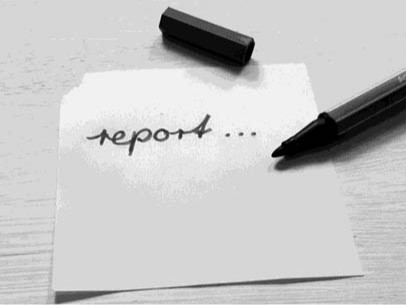
Digital Earth 2nd Annual Meeting 2020 - The Report

Since 2018, the Digital Earth Project is running - therefore it is time to see what has been achieved so far. The 2nd Annual Meeting was held from 26-28th May 2020. Due to the COVID-19 pandemic, the meeting could not take place at KIT in Karlsruhe as initially planned, but was conducted as a digital format. The first day of the meeting was dedicated to scientific outcome with 16 scientific contributions presented as a public online session. In a parallel chat, the attendees contributed in a lively discussion. In total, almost 80 people joined this session on this first day.
On the second day of the meeting Diana Rechid from HZG/ GERICS presented her evaluation’s results of the project’s success. This included the results of a survey that has been set and the outcome of a World Café, which took place during the interim meeting in January at GFZ in Potsdam. We have learned that we need to improve our internal communication and spread the project’s achievements more broadly.
Furthermore, Andreas Petzold from Forschungszentrum Jülich introduced the “ENVRI-FAIR und FAIRness assessment methodology”, since approaches and methods used in ENVRI are also applicable for Digital Earth.
This was followed by a session on Sustainable Collaboration, addressing (i) structures in support of Digital Earth (ii) how Digital Earth will be implemented in PoF-IV and (iii) next steps in organization and communication.
The day was closed with a session considering the developments related to Show Case Flood. Different workflows have been presented and discussed and further steps have been planned. At the very end of the meeting the following question was posed: What do we do if a severe flood hits Germany?
The last day of the meeting started with a wrap up of results generated in the Methane Show Case with 4 scientific presentations considering Point-2-space, ML based data extrapolation, re-gridding and how-to re-grid Pattern algorithm. Additionally, ideas on how to link both show cases in the best way have been discussed.
Last but not least, Tobias Weigel, DKRZ, gave insights into the HAICU-AIM Project of the Research field Earth & Environment.
At the end of the meeting we set up the following questionnaire with two main subjects: